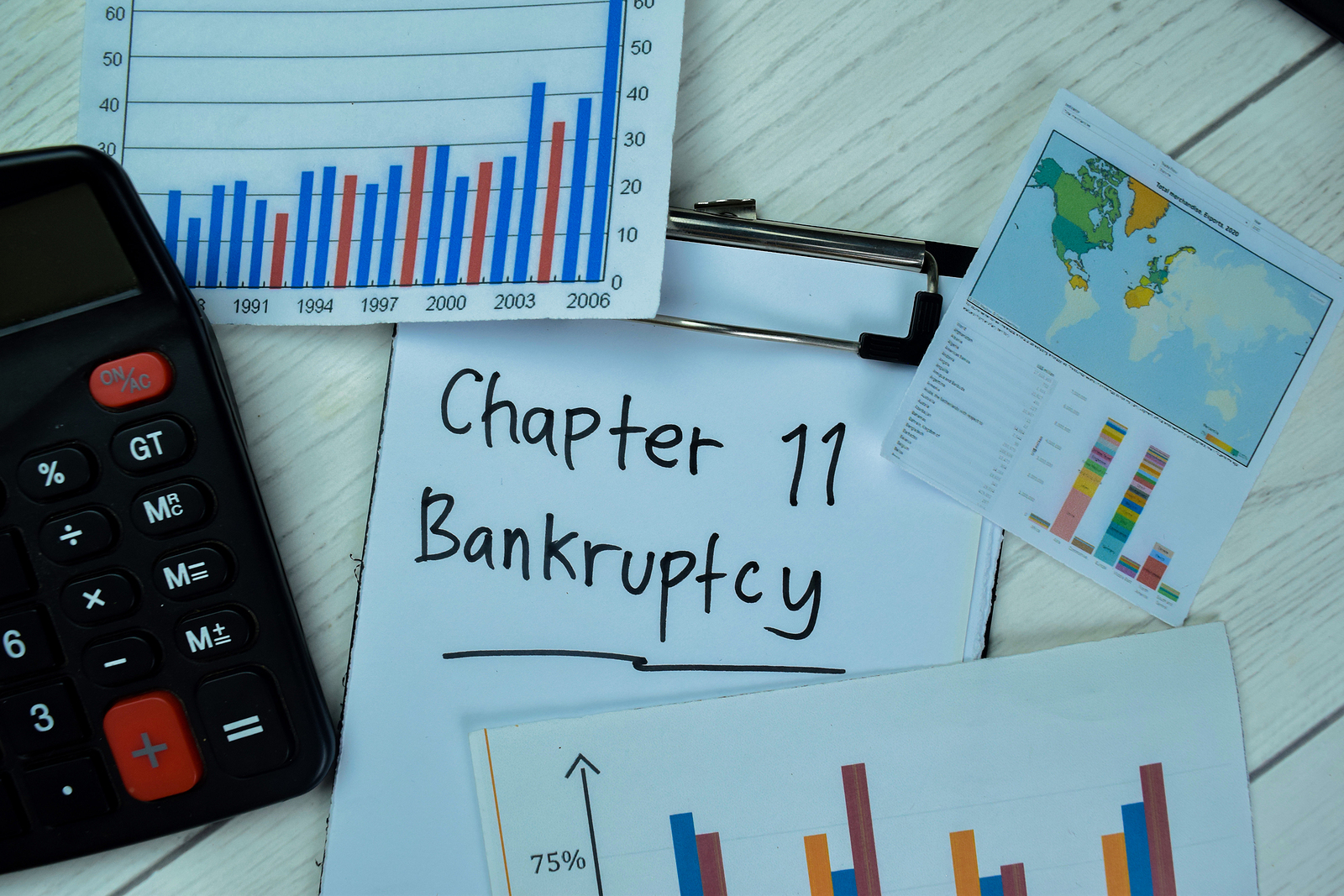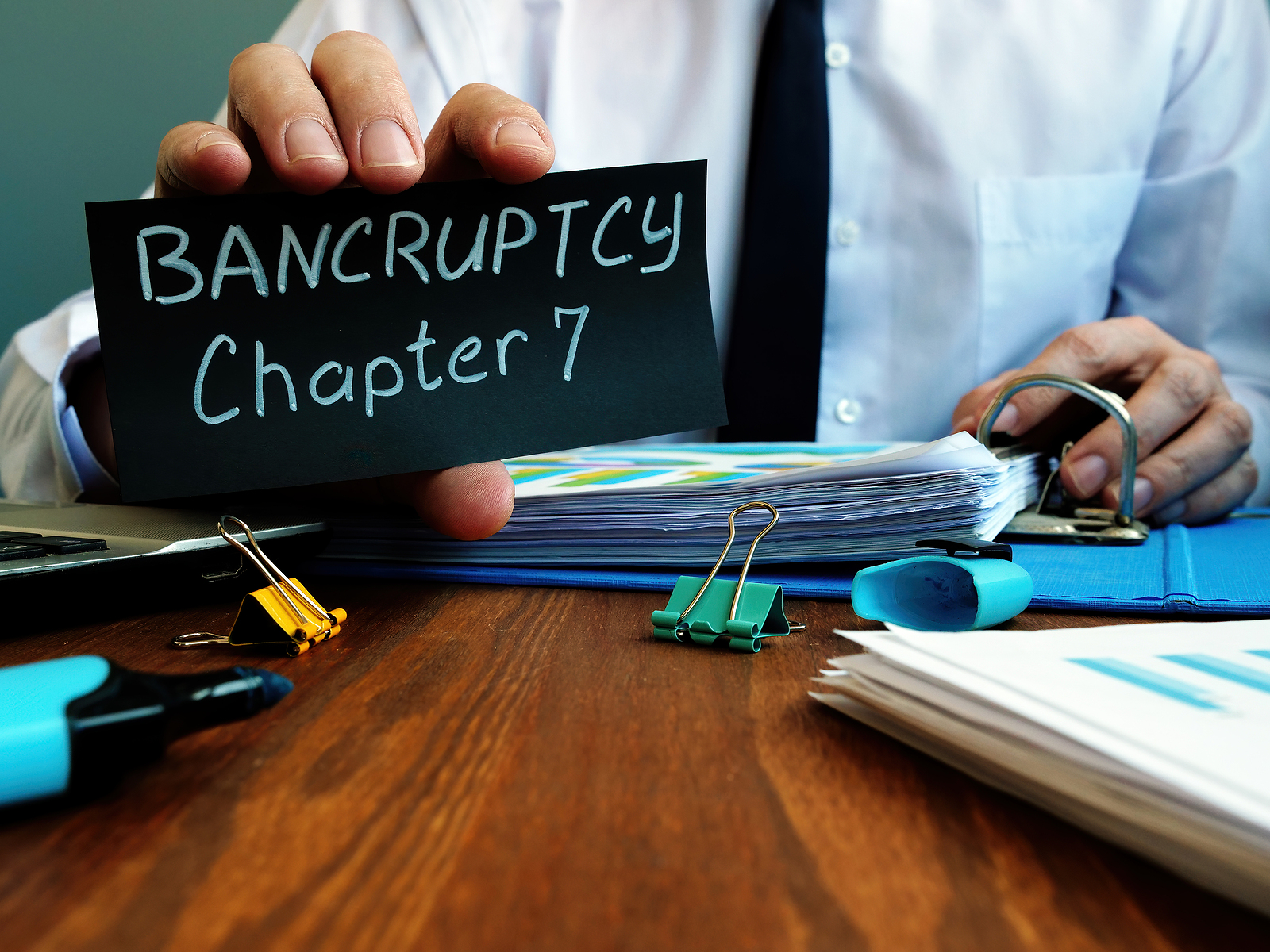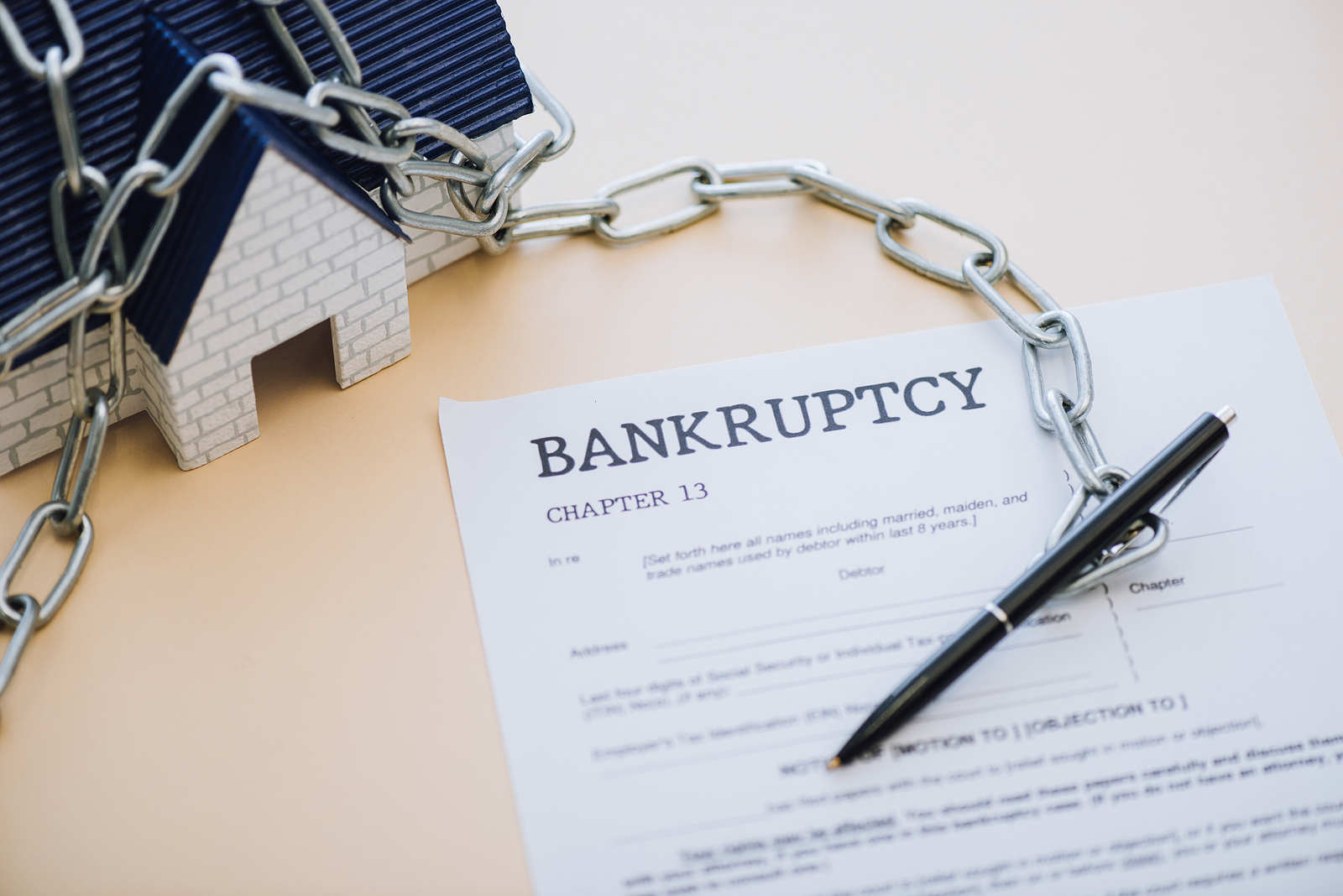BANKRUPTCY FOR BUSINESS OWNERS, ENTREPRENEURS, & INVESTORS
No one goes into business thinking it will fail or end in bankruptcy, however, sometimes events happen that force a business owner, entrepreneur, or investor to consider reorganizing or liquidating their business. The United States Bankruptcy Code includes provisions that will allow them to do just that and, in many circumstances, it is possible for the business, business owner, entrepreneur, or investor to come out of bankruptcy stronger than they went in.
Bankruptcy is a legal process through which debtors, individuals and businesses alike, have the opportunity for a new beginning, while all creditors are treated with equity among them depending on the kind of debt (e.g., secured, unsecured, priority). The 3 main chapters used by businesses, business owners, entrepreneurs, and investors are Chapter 11, Chapter 7, & Chapter 13.
The US Bankruptcy Code is complex, including different options depending on the individual needs of each debtor, as well as different processes and steps to be taken once one is in bankruptcy. It includes provisions for debtors and creditors, addressing their rights, roles, and options. Failure to follow the Code’s requirements may result in the loss of rights or assets or the inability to seek the benefits of the bankruptcy provisions during a certain period of time.
Here at Private Corporate Counsel, we help businesses, business owners, entrepreneurs, and investors understand and navigate the US Bankruptcy Code in order for them to use its provisions to help their business succeed or to get out of a difficult situation without further loss. We offer a comprehensive approach to this process since, in addition to a competent bankruptcy attorney, we have attorneys, consultants, and mediators with vast experience in the handling of business related issues, who are available to assist throughout the entire process, including looking at other options and planning for after the bankruptcy.
DEBTOR SERVICES

Chapter 11: Reorganization, including Subchapter V
hapter 11 is available to individuals and businesses, however, it is mostly used by businesses. Corporations, sole proprietorships, and partnerships may be debtors in a Chapter 11 bankruptcy. It is referred to as a reorganization because it allows the debtor to remain in possession and to continue to operate the business. Debtors in a Chapter 11 Bankruptcy will file a reorganization plan with the court for approval. Creditors, under certain circumstances, may also file a reorganization plan for court consideration and approval. The debtor’s creditors may be able to vote on the plan approval.
The debtor in a Chapter 11 bankruptcy is placed in the position of a fiduciary, with the rights and powers of a chapter 11 trustee. The debtor is required to perform the functions and duties of a trustee, which include accounting for property, examining and objecting to claims, and filing informational reports (e.g., monthly operating reports). The debtor may, with the court’s approval, employ attorneys, accountants, appraisers, auctioneers, or other professional persons to assist the debtor during its bankruptcy case.
Chapter 11 includes two options for small business debtors: a small business case under BAPCPA or a subchapter V case. A debtor that qualifies as a small business may elect to file under one of these options.
Chapter 11 is a very useful option for debtors, especially business debtors that need to reorganize their finances in order to continue in operation, and, if the debtor takes advantage of the provisions of this chapter, it may come out of bankruptcy stronger than ever. However, there are very specific requirements and processes and failure to comply with these may have an adverse result for the debtor. Therefore, it is important that a thorough review of the debtor’s affairs be completed and proper planning take place before the bankruptcy is filed.
Chapter 7: Liquidation
Chapter 7 bankruptcy is called liquidation because through this chapter the debtor’s property is transferred to the trustee, who will sell, or liquidate, the property. The money obtained from the sale of the property is distributed among unsecured creditors. The Bankruptcy Code, in combination with state law, defines which property the trustee may liquidate and which property the debtor may claim as exempt. The trustee in a bankruptcy case has powers to investigate the debtor’s affairs, in order to make sure that all assets have been disclosed and made available. Transfers of property prior to the filing of the bankruptcy petition may be avoided by the trustee under certain circumstances.
This chapter is used by both individual and business debtors. There are differences depending on whether the debtor is an individual or a business, one of the main ones being that a business does not receive a discharge. The discharge is the elimination of the debt, which prevents the creditor from attempting to collect in the future.
A thorough review of all of the debtor’s affairs must be completed before moving forward with a Chapter 7 bankruptcy. If the debtor is a business or a business owner, it will be necessary to consider how the bankruptcy will affect the non-filing owners or business and options, other than bankruptcy, should be considered.


Chapter 13: Repayment Plan
This chapter is available for individuals only. Chapter 13 allows debtors to reorganize their finances through a payment plan which normally lasts 5 years. While in a Chapter 13 plan, the debtor will deliver all disposable income to the trustee to be distributed among unsecured creditors as provided for in the Chapter 13 Plan approved by the court. These creditors will receive a percent of the amount owed. The amount of the monthly payment and the percent the creditors will receive will be determined on a case by case basis. Factors such as the Debtor’s income, total debt, monthly expenses, and value of non-exempt property are used to determine the amount of the monthly plan payment.
A Chapter 13 bankruptcy may be useful for a business owner, entrepreneur, or investor who needs to manage their debt. It allows them to retain assets that would not otherwise be protected from creditors and it brings all creditors into the process and forces them to agree to a repayment plan that is easier for the debtor to manage, eliminating the possibility of multiple lawsuits and increased interests.
CREDITOR SERVICES
The bankruptcy filing by a debtor has a significant impact on the debtor’s creditors and may result in the creditors’ inability to collect on a debt. Therefore, it is important that as soon as a creditor receives notice that a debtor has filed for bankruptcy, the creditor take action to protect their interest. Factors such as the type of bankruptcy (e.g., Chapter 11, Chapter 13, or Chapter 7), the type of debt (e.g., secured, unsecured, priority), the age of the debt, or the manner in which the debt was obtained (e.g., was there fraud involved) should be considered by the creditor in order to determine how the debt will be treated and whether they need to file a Proof of Claim, an adversary proceeding, or contest the dischargeability of the debt. Failure to act on the part of the creditor may result in the discharge of a debt that could have survived the bankruptcy or in receiving an amount from the liquidation of the estate or through a payment plan that is lower than what the creditor is entitled to receive.